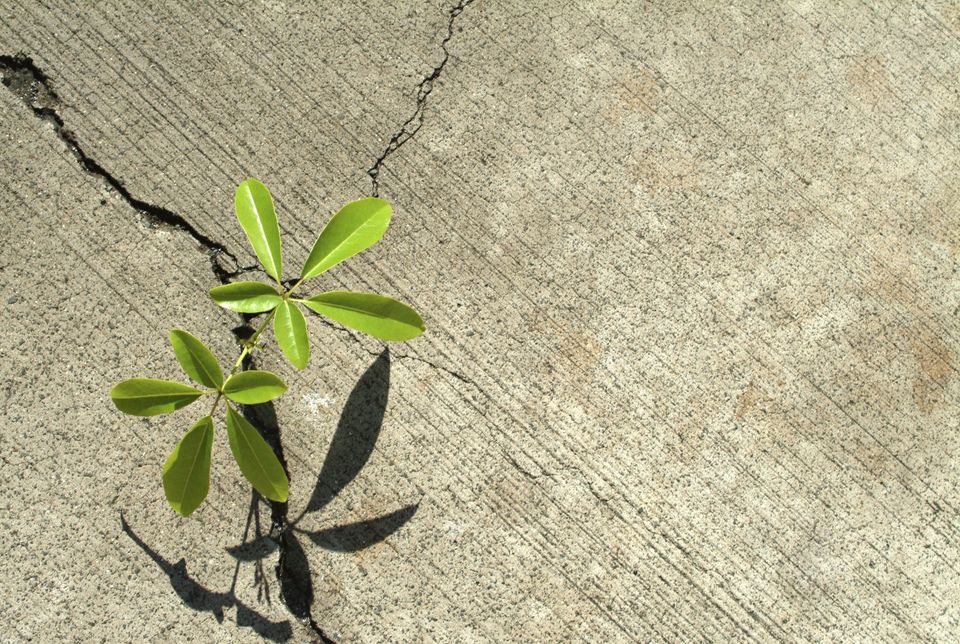Sleep
Sleep
Trying to get a good night sleep can be a nightmare!
Trying to get a good night sleep can be a nightmare!
A bad nights sleep can impact on anyone, but when this is a regular occurrence you need to look at your sleep hygiene and make some changes.
Sleep Hygiene
Sleep Hygiene
- Get some exposure to daylight ( at least 20 mins ( glasses wearers take them off))
- Have a bedtime routine ( i.e wind down, clean teeth, reading ,lights dimmed)
- Have a regular bedtime
- Keep your bedroom cool and dark
- Get rid of distractions ( no tv, music, phones)
- Make sure your bed is comfortable
- Turn off blue light on your phone an hour before bed
- Avoid caffeine and alcohol too close to bedtime
- Do some relaxation or calming breathing
- Don't eat too close to bedtime
- Don't clock watch
- If you can't get to sleep after 20 minutes then get up and do something until you feel ready to sleep.
- Avoid long naps during the day
- Have a warm bath before bed
- Eat healthily
- Try not to focus too much on getting to sleep
Tips from you!
- Eat a turkey sandwich before bedas it releases a chemical called tryptophan which makes you sleepy. also works with soy beans and pumpkin seeds
- try apps which offer sleep stories or music to sleep to, some offer white noise which some find comforting. We use an app called Calm, we have been informed it is free for teachers but cannot confirm this yet. Can you ?
Sleep Mythbusting
Unhelpful thoughts and beliefs about sleep
• If I don’t get 8 hours, it’s a disaster
• If I keep waking my sleep is ruined
• I didn’t sleep at all
• I’m tired in the morning, so I must have slept badly
• I will look terrible if I am tired
• I’ll never be able to function if I’m tired
• If I didn’t sleep I must try harder!
• If I don’t sleep I’ll be ill
More helpful thoughts and beliefs about sleep
• An average of 5.75 hours a night will suffice
• Light sleepers can wake many times in a night
• I probably slept more than I think
• Other factors influence morning tiredness eg sleep inertia
• Photo experiments have failed to prove this
• Many occupations require adapted sleep routines
• Trying harder won’t help and could hinder
• Your body takes the sleep it needs and if you can’t sleep then rest
Copyright © All Rights Reserved.

